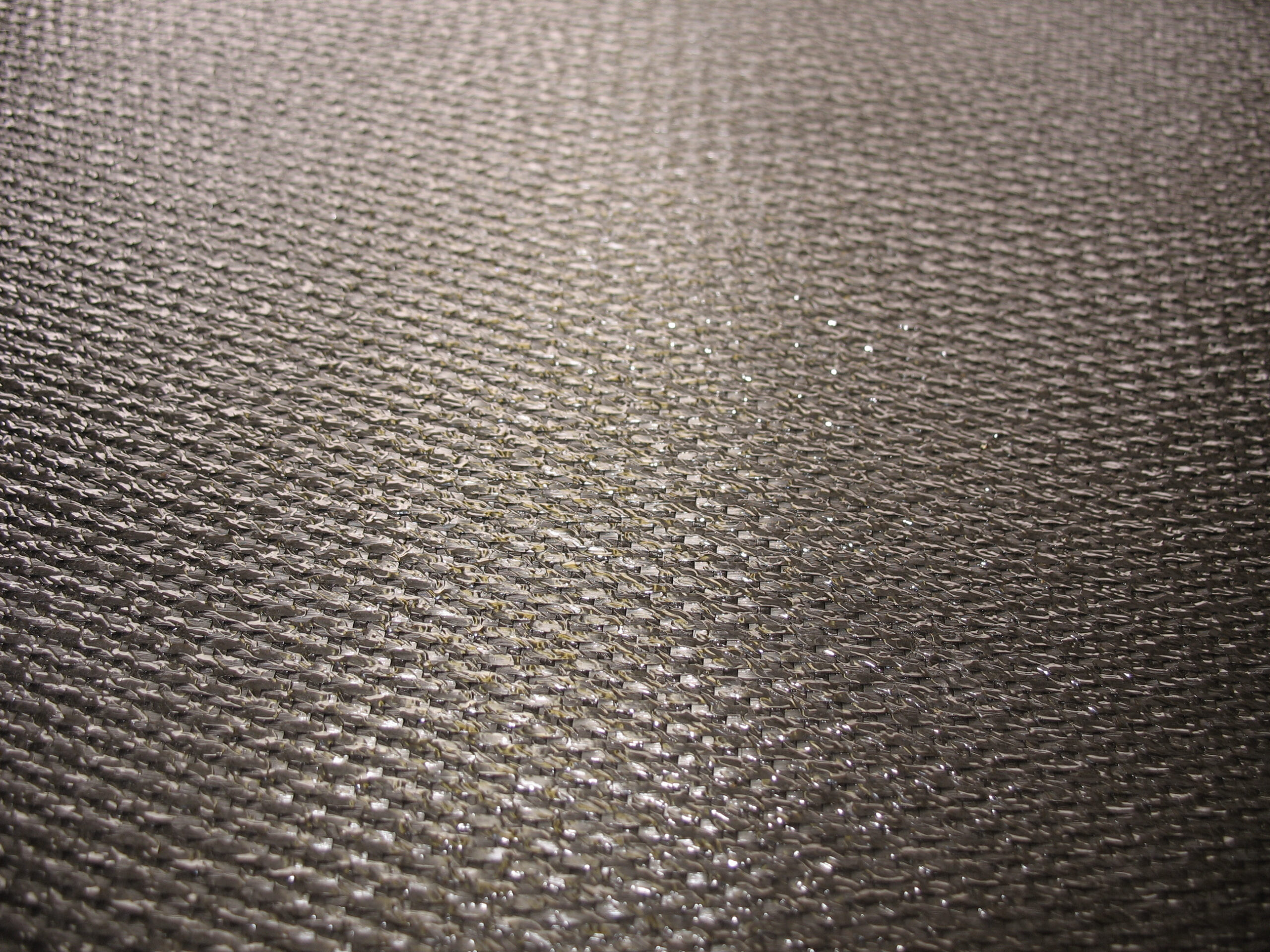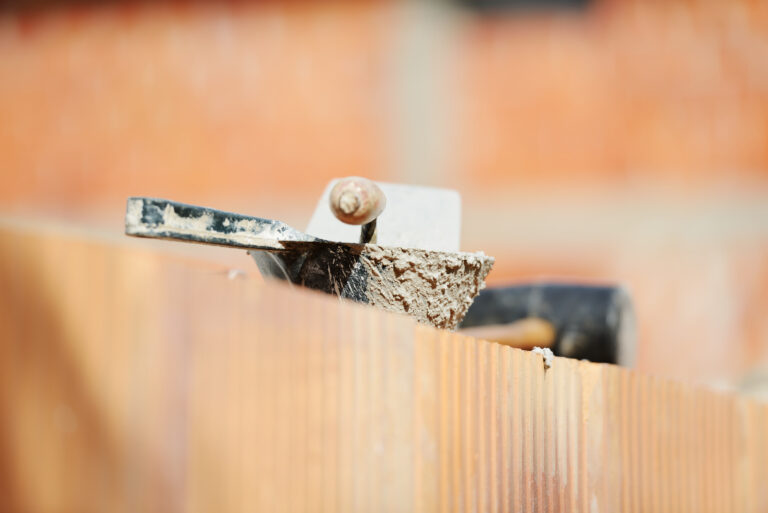How to Protect Your Family from the Dangers of Mold: Simple Steps for Improving Indoor Air Quality
Welcome to my blog post about mold and its effects on your health. Mold is a common problem in many homes, but not everyone knows the dangers it can pose to their family’s well-being. In this article, we will explore how mold affects your health, what signs of exposure to look out for, and simple steps you can take to protect yourself and your loved ones from these risks.
Mold is a type of fungus that grows in moist environments, such as bathrooms or basements. It thrives in areas with high humidity levels and can spread quickly if left unchecked. While some types of mold are harmless, others can release spores into the air that cause allergic reactions, respiratory problems, and other health issues.
One of the most significant risks associated with mold exposure is the development of respiratory symptoms. People who breathe in large amounts of mold spores may experience coughing, sneezing, runny nose, wheezing, shortness of breath, and other related symptoms. These symptoms can be particularly severe in children, the elderly, and individuals with compromised immune systems.
In addition to respiratory problems, mold exposure has been linked to a range of other health concerns, including headaches, fatigue, skin rashes, eye irritation, and even neurological disorders. Some studies suggest that long-term exposure to certain types of mold could increase the risk of developing cancer or other serious illnesses.
Fortunately, there are several things you can do to prevent mold growth in your home and improve indoor air quality. One of the most important steps is to identify any sources of excess moisture and address them promptly. This might include fixing leaks in pipes or roofs, improving ventilation in bathrooms or kitchens, or using dehumidifiers to reduce humidity levels.

You should also regularly clean surfaces where mold tends to grow, such as shower walls or window sills. Use a mixture of bleach and water to kill mold spores and prevent them from spreading. If you suspect that you have a more extensive mold problem, consider hiring a professional to inspect and remove the affected areas.
In conclusion, taking action against mold is essential for maintaining good indoor air quality and protecting your family’s health. By identifying and removing mold, improving ventilation, and reducing moisture levels, you can create a safer and healthier living environment for everyone in your household.





